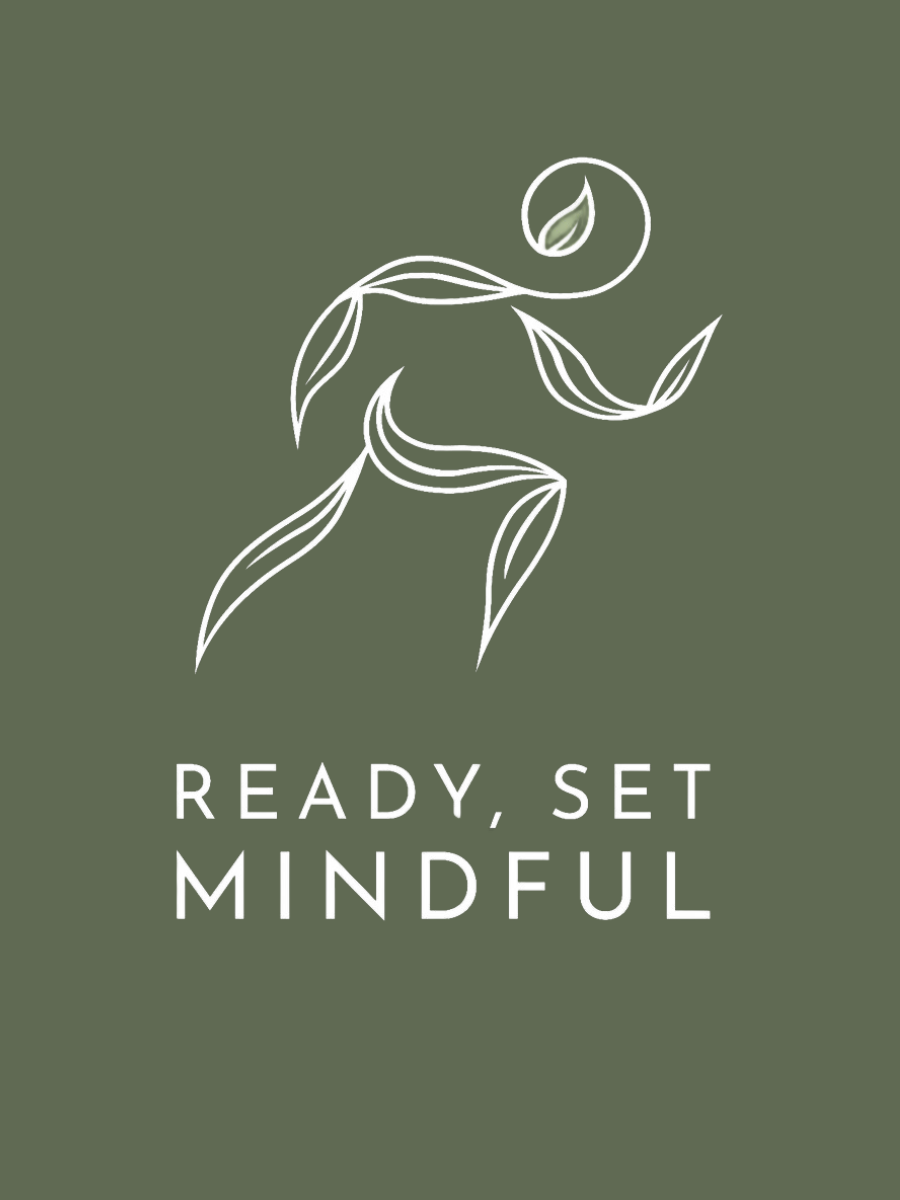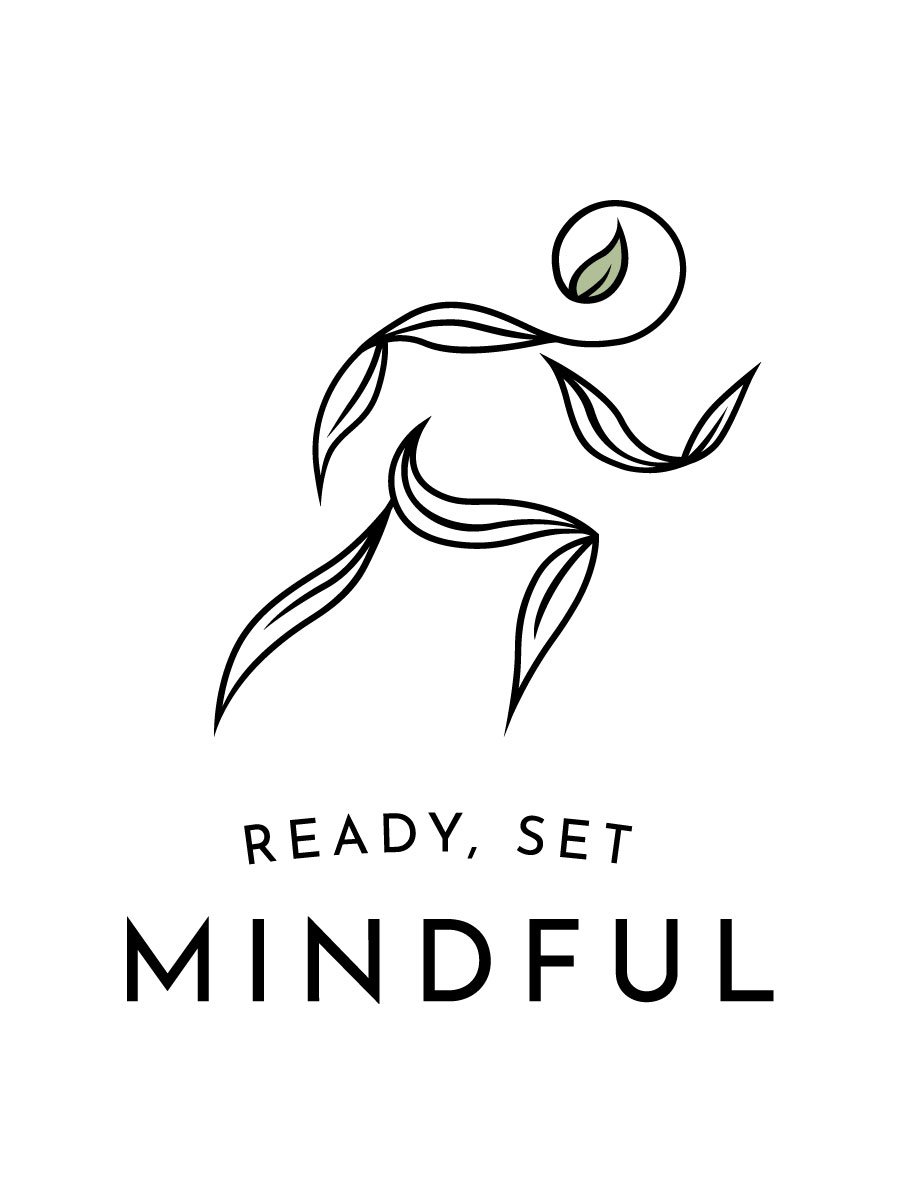The Mindful Approach to Feedback for Athletes: Enhancing Performance Through Positive Growth
As an athlete, feedback is one of the most valuable tools for growth and improvement. However, the way feedback is received and processed can make a significant difference in how it impacts performance. A mindful approach to feedback focuses on awareness, presence, and non-judgment, turning criticism into a positive learning experience rather than a source of stress. Whether you're a seasoned pro or just starting your athletic journey, using mindfulness techniques can help you harness feedback effectively to fuel your personal and professional development.
What is the Mindful Approach to Feedback?
Mindfulness involves staying present in the moment without judgment. When applied to feedback, it means receiving and processing information with an open, focused mind, free of emotional reactivity. Rather than immediately reacting defensively or feeling discouraged by feedback, athletes can use mindfulness to step back, reflect, and use feedback as an opportunity to grow.
How Mindfulness Enhances the Feedback Process
Reducing Emotional Reactivity
Feedback, especially critical feedback, can trigger a range of emotions such as frustration, defensiveness, or self-doubt. A mindful approach helps athletes create space between receiving feedback and reacting emotionally. Instead of automatically reacting, athletes can pause, breathe, and choose how to respond thoughtfully. This helps to keep emotions in check and allows for more constructive self-reflection.Cultivating Self-Awareness
Mindfulness encourages athletes to become more aware of their thoughts, feelings, and physical sensations. This self-awareness allows athletes to understand why certain types of feedback affect them in particular ways, whether it’s anxiety before a game or a tendency to feel insecure when receiving criticism. Recognizing these responses empowers athletes to work through them and better understand their emotional triggers.Embracing Growth Over Perfection
Many athletes struggle with perfectionism, believing that any mistake is a failure. Mindfulness teaches athletes to view feedback as part of a larger growth process, rather than as a critique of their self-worth. By approaching feedback with curiosity and a growth mindset, athletes can see it as a valuable tool for improvement rather than as something to fear or avoid.Building Confidence and Resilience
When athletes use mindfulness to process feedback, they become more resilient to setbacks. Instead of feeling defeated by negative feedback, they can use it to build confidence by focusing on actionable steps for improvement. This increased sense of control over their growth helps athletes stay motivated, focused, and confident in their abilities.Improved Communication with Coaches and Teammates
Mindfulness not only benefits how athletes receive feedback but also enhances their ability to give feedback effectively. When athletes are mindful of their own reactions and emotions, they are better able to communicate feedback to others in a compassionate, constructive way. This fosters a supportive team environment where everyone is encouraged to learn and grow together.
How Athletes Can Apply a Mindful Approach to Feedback
Practice Mindful Listening: When receiving feedback, focus on listening actively without interrupting. Stay present in the conversation and avoid letting your mind wander or preparing a defensive response.
Pause Before Reacting: If feedback triggers an emotional response, take a deep breath and pause before speaking. This brief moment of stillness allows athletes to process the feedback and choose a more measured response.
Shift Your Focus to Solutions: Instead of dwelling on mistakes, use mindfulness to reframe the feedback into an opportunity for improvement. Focus on what you can do moving forward and how you can incorporate the feedback into your practice or performance.
Set Intentions for Growth: After receiving feedback, set clear intentions on how you’ll use it to improve. Use mindful reflection to determine the next steps and track your progress over time.
Seeking Therapy to Enhance Your Mindful Approach to Feedback
Athletes who struggle with receiving or processing feedback may benefit from therapy or coaching. A professional therapist trained in mindfulness-based techniques can help athletes build emotional resilience, improve their mindset, and learn how to handle feedback with greater confidence. Whether you are dealing with performance anxiety, self-doubt, or perfectionism, therapy can provide you with the tools and strategies to transform how you approach feedback.
If you're an athlete looking to overcome anxiety, build confidence, or improve your response to feedback, consider seeking support from a therapist who specializes in sports psychology and mindfulness. At Ready Set Mindful, we offer individualized coaching and therapy designed to help athletes manage stress, improve performance, and thrive both on and off the field.
By integrating mindfulness into your feedback process, you can unlock new levels of personal growth and athletic performance. Remember, the way you handle feedback is just as important as the feedback itself, and with the right mindset, you can turn every piece of feedback into a powerful stepping stone toward success.
Until next time, Be Well and Stay Mindful 🌿
Kerri, Athlete+Therapist+Mindset Coach

